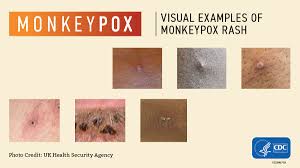August 2, 2022
Dear Senators Sinema & Kelly:
The membership of the Arizona Public Health Association urges you to support the Inflation Reduction Act of 2022. We’re very enthusiastic about how the Act finally makes necessary investments in climate and clean energy. The critical investments and incentives in the Act provide the impetus for our nation and Arizona to reduce carbon pollution that’s driving climate change while giving a much necessary boost to Arizona’s clean energy economy.
While we’re encouraged that the Act will finally allow Medicare to begin negotiating prices beginning in 2026, we’re disappointed that the Inflation Reduction Act of 2022 doesn’t include the more aggressive and fiscally responsible provisions of H.R. 3 (Lower Drug Costs Now Act of 2019). Those provisions would have allowed Medicare to negotiate the price of between 25-125 brand-name drugs (w/o generic competitors) in 2023 and apply the negotiated price available Medicare, Medicaid & private payers.
Incorporating H.R. 3 into the Act would have also set an upper limit for the negotiated price equal to 120% of the Average International Market price paid by Australia, Canada, France, Germany, Japan, and the UK. It would have also had a much better compliance system, giving HHS authority to impose financial penalties on drug companies that don’t negotiate in good faith.
We’re also pleased the Act has closes current unreasonable tax loopholes with the 15% minimum tax for very large corporations and closes the carried interest loophole for hedge fund managers.
While we’re disappointed the Act doesn’t transform prescription drug pricing like it could have, we nevertheless believe the package provides critical public health and environmental benefits, and we urge you to support the Inflation Reduction Act of 2022.
Sincerely,
Will Humble, MPH
Executive Director,
Arizona Public Health Association
